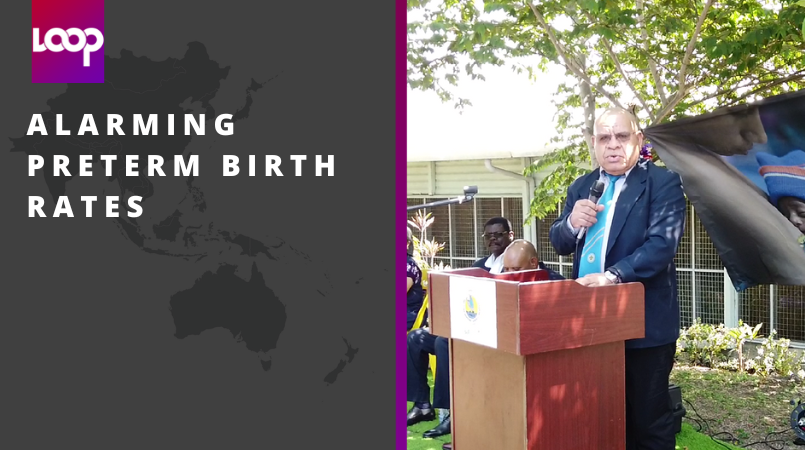
In a compelling keynote address, Dr. Ken Wai, Deputy Secretary of the National Department of Health, shed light on the pressing global issue of preterm births and its profound impact on maternal and child health.
With an annual estimate of 15 million babies born prematurely worldwide, Papua New Guinea stands out with a significant rate of 9.1%, translating to 28,000 newborns facing early challenges each year.
Preterm complications, identified as a major cause of child mortality, claimed approximately 90,000 lives in 2019 alone. However, Dr Wai highlighted that three-quarters of these tragic deaths could be prevented through cost-effective interventions. Expressing gratitude, he acknowledged the vital role played by the World Health Organization (WHO) and UNICEF in training healthcare practitioners in these life-saving measures.
In Papua New Guinea, where over 240,000 babies are born annually, the stark reality reveals that 6,000 infants succumb to prematurity and low birth weight within their first month of life. This alarming rate places the country among the highest globally for such unfortunate outcomes.
Dr Wai stressed the urgency of global action and investment to combat the escalating crisis of preterm births. He emphasized that health is not a privilege but a fundamental right for every newborn, advocating for a comprehensive approach to ensure that each baby receives the best possible start in life.
During the address, Dr. Wai announced plans for the upgrade of health facilities in selected provinces, equipping them with specialised newborn care equipment. Additionally, healthcare workers managing complications for premature babies will receive training.
Dr Wai expressed gratitude for the ongoing support from partners and recognized the collaborative efforts of organizations like UNICEF, and WHO, as well as Christian and Catholic health services and NGOs. He concluded by acknowledging the collective dedication of all involved in providing healthcare services to the 12 million people of Papua New Guinea.
